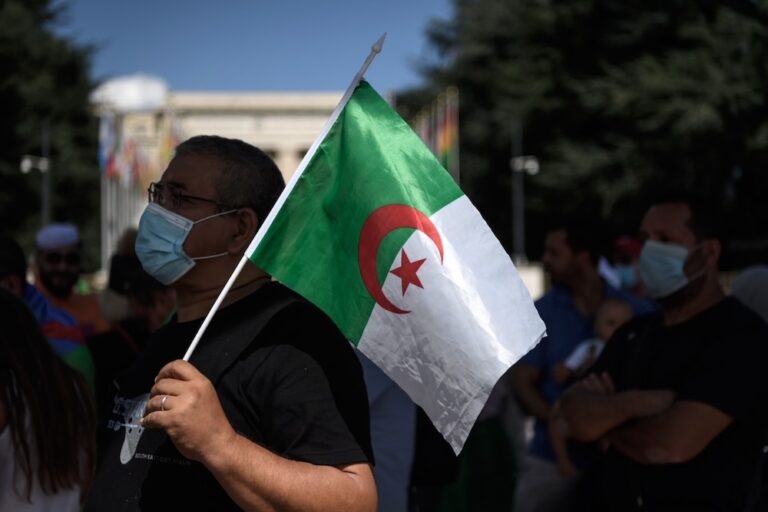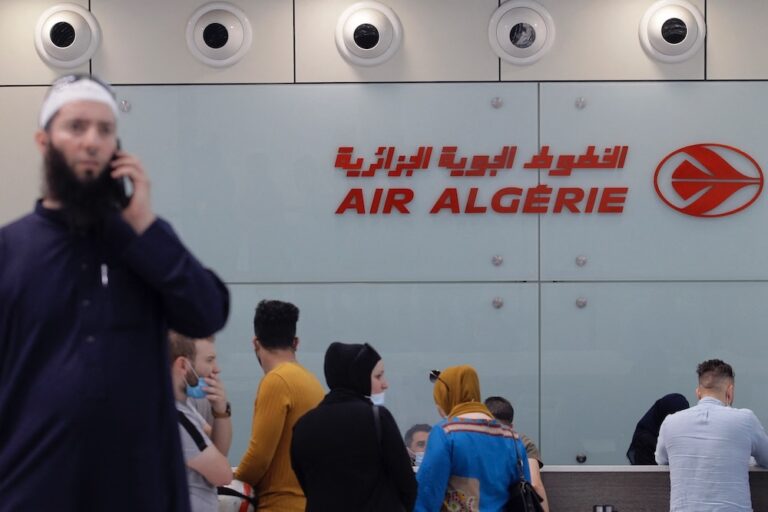The entire nation is being asked to join in celebrating this anniversary but there are journalists who will not be able to respond because they are threatened, are being prosecuted or are in prison.
(RSF/IFEX) – 4 July 2012 – Reporters Without Borders would like to shine a spotlight on freedom of information in Algeria on the 50th anniversary of the country’s independence.
Algeria won its independence from France on 5 July 1962 but, 50 years later, its media are still not independent. The entire nation is being asked to join in celebrating this anniversary but there are journalists who will not be able to respond because they are threatened, are being prosecuted or are in prison.
Working as a journalist now – less dangerous, more complex
Around 100 journalists were murdered during the decade-long civil war from 1991 to 2002 but nowadays the problems are very different and no journalists have been killed in connection with their work for years.
It is not easy to be an independent journalist now in Algeria, a country marked by corruption and nepotism, a country where the military and the Intelligence and Security Department (DRS) occupy a privileged position.
Journalists in Algiers are protected by their news organizations but the situation is different far from the capital – there is much less protection and the dangers are real. While it is not as bad as it was in Ben Ali’s Tunisia, journalists who criticize powerful local officials are hounded and sometimes jailed.
Journalists and newspapers are often subjected to financial, judicial, physical or psychological harassment or encounter technical difficulties with printing and distribution.
A semblance of pluralism and independence
If you just take a quick look at all the newspapers on sale at the newsstands on Didouche Street in Algiers, you might conclude that the print media are prospering and enjoy real freedom of expression. No fewer than 80 newspapers, mainly Arabic-language ones, are available on the streets of the capital.
But freedom of expression and the situation of the print media or the media in general cannot be measured by the number of newspapers on sale. Many of them are published by businessmen linked to the government and intelligence services. According to a 12 June report by the United Nations rapporteur on the promotion and protection of the right to freedom of opinion and expression , fewer than six newspapers are really independent in Algeria.
The opening-up of broadcasting is one of the main proposed reforms in a new law on news and information. Privately-owned TV stations will compete with the four state-owned channels. For the time being, the end of the state’s broadcasting monopoly is still very notional because, under an additional proposed bill governing broadcasting, the creation of new TV channels must be agreed with a new regulatory authority that has yet to be created.


